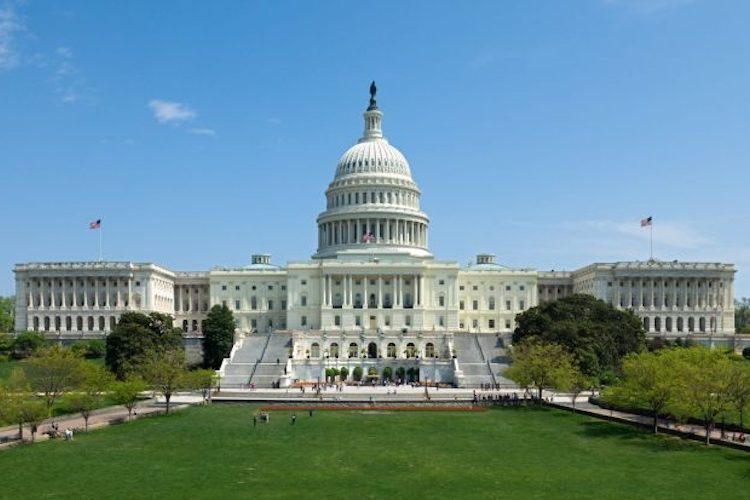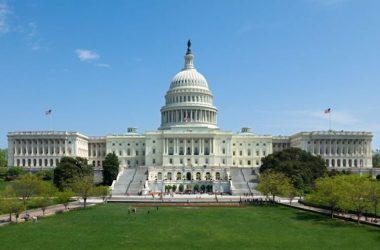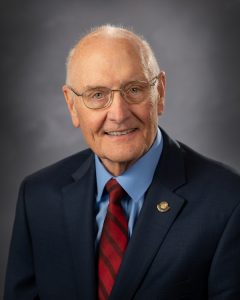WV Press Staff Report
CHARLESTON, W.Va. – The West Virginia Legislature’s Oversight Committee on Regional Jail and Correctional Facility Authority, on Sunday, discussed the Nonviolent Offense Parole program, as well as the implementation of HB 3078 – which relates to the responsibilities of the Parole Board – with Division of Corrections Deputy Commissioner Paul Simmons.
“Our (Department of Corrections) mission is to advance public safety, promote offender accountability, and successfully reintegrate offenders back into society,” Simmons told committee members, before briefly explaining the department’s “NVOPP” (Non-Violent Offender) program.
Click image below to see video of the meeting
“NVOPP is part of our parole program,” Simmons said. “When a non-violent offender completes certain tasks and successfully completes all of their programs, on the date of their eligibility for parole, they are automatically paroled.”
“They are still supervised and monitored by the Parole Board and the parole officers,” Simmons added. “As of 2023, we’ve released 627 individuals, and there are 18 pending.”

Simmons noted that there have been 143 parole revocations, which, “Falls right within our recidivism guidelines.” According to Simmons, there were a total of three parole revocations in 2021, 75 in 2022, and 65 to this point in 2023.
“This is a little different than our accelerated program,” Simmons continued. “Our accelerated program involves a non-violent offender within three months of eligibility. Once they’ve completed all of their programs, they’re able to petition the Parole Board to see them three months prior to their eligibility date.”
In response to a question from Sen. Charles Clements, R-Wetzel, Simmons explained that the majority of revocations occurred due to “technical violations,” such as not attending a meeting with a parole officer or testing positive during a drug screening.
“It’s the same as the parole program,” Simmons said, noting that most technical violators who have their parole revoked will be reincarcerated for 30 days of “shock incarceration” before again being released.
Del. Joey Garcia, D-Marion, while referencing HB 3078, requested that Simmons provide clarification regarding the differences observed by the Division of Corrections since the bill’s passage.
“Through NVOPP, it’s still a parole program,” Simmons replied. “If they meet all of their guidelines, when they reach their parole date they automatically go home. The other side of the Parole Board is a subjective three-person panel. They’ll review their (offender) program history, and they’ll vote on whether to send that incarcerated person home.”
Garcia then asked, “What’s the difference in the percentage of people who are coming back after being let out? Do you have that broken down by how many of those are full revocations, versus the sanctions that happen? Do you have a recidivism rate of offenders on general parole, and how does that compare [to those in the NVOPP program]?”
While Simmons did not have the requested information readily available, he noted that the recidivism rate for parolees in the NVOPP program is “within the ballpark” of those who are not.
“What has changed with the Parole Board since we passed this bill?” Garcia asked next. “Are there things that have changed with how they work?”
“There have been [things that have changed], Simmons replied. “But we (Division of Corrections) don’t directly supervise them, so it would be hard for me to give an answer that I was comfortable with.”
At the conclusion of Garcia’s questioning, Sen. Jack David Woodrum, R-Summers, also requested additional clarification.
“I’m assuming a large percentage of these (parolees) are drug-related offenses,” Woodrum said. “Prior to being eligible for parole, are they required to go through some sort of rehabilitation?”
Simmons advised that parolees are required to participate in rehabilitation programs, adding that they are also prohibited from consuming alcohol while on parole.
The Legislative Oversight Committee on Regional Jail and Correctional Facility Authority will next meet during the September Interim Legislative Session, scheduled between Sunday, Sept. 10, and Tuesday, Sept. 12.







